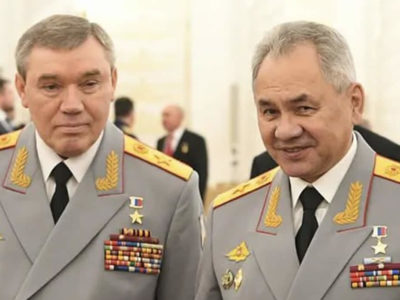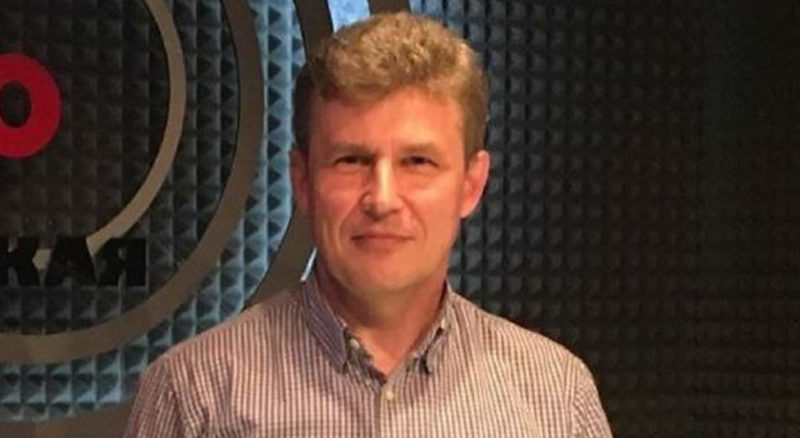
In Russia, the commander of the troops was again replaced
'When problems happen in a brothel, they do not rearrange the beds, but change the prostitutes.'

Alexander Shiplyuk, Doctor of Physical and Mathematical Sciences, Director of the Institute of Theoretical and Applied Mechanics of the Siberian Branch of the Russian Academy of Sciences, was arrested yesterday on charges of high treason.
Shipelyuk was engaged in research in the field of hypersonic technologies. This is the third arrest of scientists from Novosibirsk.
Before that, physicist Anatoly Maslov was arrested on the same charge of high treason, and even earlier, Alexander Kolker, who died in prison, was arrested under the same article.
It’s all about changing the wording of Article 275 of the Criminal Code of the Russian Federation ‘Treason’.
Previously, high treason was called ‘assisting a foreign state in hostile activities to the detriment of the external security of the Russian Federation’. From the new edition, the words ‘hostile’ and ‘external’ have disappeared, which made the article rubbery and vague.
It has become very easy for a Russian scientist to become a ‘traitor’: it is enough to go abroad at least once, to have access to state secrets or to receive a foreign grant. Novaya Gazeta wrote about this back in 2020.
Maslov and Kolker traveled to China with cycles of scientific lectures. Upon their return, the FSB found elements of a crime in their activities.
As for the arrest of Shiplyuk, the details of the charges are not yet known.
The scientists’ motives are understandable: impoverished Russian science cannot provide scientists with decent content, and they are forced to look for sources of funding by lecturing in China or publishing articles in foreign journals.
All this gives reason to accuse scientists of treason.
But here the Russian authorities obviously overdid it. Science cannot develop in isolation, and here, as in a joke about a Jew in a Russian bathhouse, you either take off your cross or put on your shorts.
The Russian legal system must decide whether to give scientists the freedom to choose publishing sites, or to prohibit scientists from leaving Russia and publishing scientific papers in foreign publications.
![]()